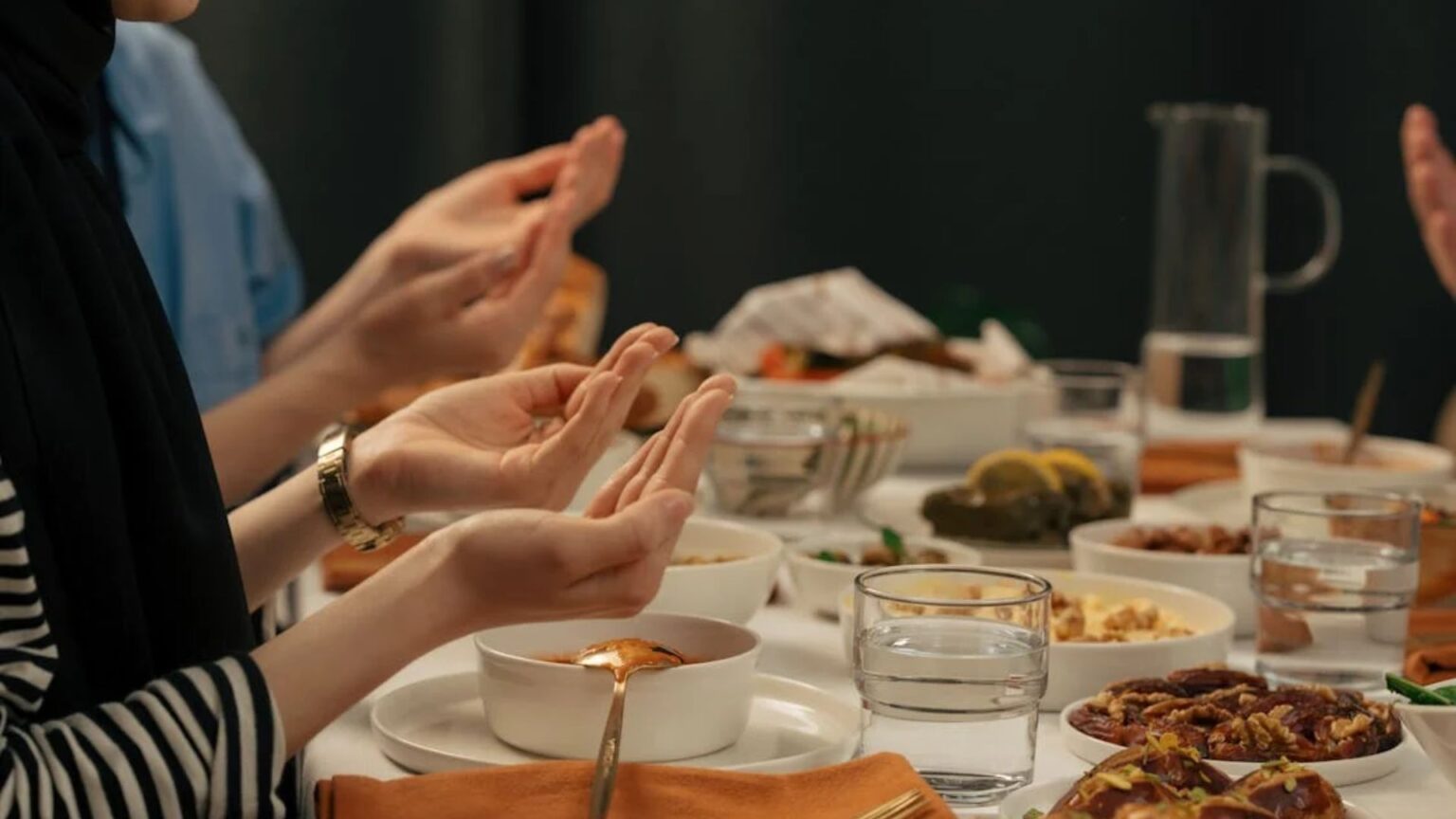Food is more than fuel—it’s a ritual, a symbol, and, in many cultures, a sacred act. Around the world, religion has long shaped how, when, and what people eat. Whether it’s fasting, feasting, or preparing dishes with spiritual intent, these traditions offer deep insights into the cultures that celebrate them.
1. Iftar During Ramadan (Islam)
In many Muslim countries and communities, the holy month of Ramadan is observed through daily fasting from sunrise to sunset. But once the sun dips below the horizon, the fast is broken with iftar, a meal that begins with dates and water. This follows the Prophet Muhammad’s tradition. What follows can be a feast of savory stews, sweet pastries, and family dishes passed down through generations. Iftar is deeply communal: mosques, homes, and even public squares host gatherings. As a traveler, being invited to an iftar meal is an honor and a beautiful way to witness the values of gratitude, charity, and togetherness.
2. Langar at Sikh Gurdwaras (Sikhism)
In Sikhism, langar is the free, vegetarian meal served to anyone—regardless of religion, background, or status—at a gurdwara (Sikh temple). It’s not just a meal; it’s a powerful expression of equality, service, and humility. Volunteers prepare and serve simple dishes like lentils, rice, and chapati to all who come. If you’re traveling in India (especially in Punjab) or near a Sikh temple anywhere in the world, joining a langar meal can be a humbling and heartwarming experience—one that nourishes both body and soul.
3. Kosher Meals and Shabbat Dinners (Judaism)
Jewish food traditions are deeply tied to religious law and ritual. Kosher dietary laws determine what is eaten and how it’s prepared—separating meat and dairy, for example, and avoiding certain animals. One of the most welcoming and meaningful experiences in Jewish culture is attending a Shabbat dinner, held on Friday evenings to mark the start of the Sabbath. Challah bread, wine, and traditional dishes like roast chicken or kugel are enjoyed in a peaceful, reflective setting. It’s a time to pause, connect, and give thanks.
These religious food traditions remind us that meals can be much more than just sustenance. They’re moments of reflection, connection, and cultural expression. As travelers, taking part in or respectfully observing these customs allows us to understand a culture from the inside out—one bite at a time.




